Warren Buffett Unveils His Estate Plan
On November 25, 2024, Warren Buffett, the 94-year-old renowned American investor and Chairman of Berkshire Hathaway, shared the most detailed estate plan of his life in a three-page letter to shareholders.
On November 25, 2024, Warren Buffett, the 94-year-old renowned American investor and Chairman of Berkshire Hathaway, shared the most detailed estate plan of his life in a three-page letter to shareholders. He reaffirmed his commitment to continue donating his vast wealth. Since 2006, Buffett has pledged to gradually give away his fortune. According to the 2024 Hurun Global Rich List, Buffett's net worth is approximately 1.04 trillion RMB, placing him fifth on the global wealth rankings.
Buffett also announced that he will convert 1,600 shares of Berkshire Hathaway's Class A stock into 2.4 million Class B shares and donate them to four family-run charitable foundations managed by his children. Buffett expressed satisfaction with his children's achievements in philanthropy and emphasized that he has no intention of creating a family wealth empire, having already considered potential trustees for inheritance.
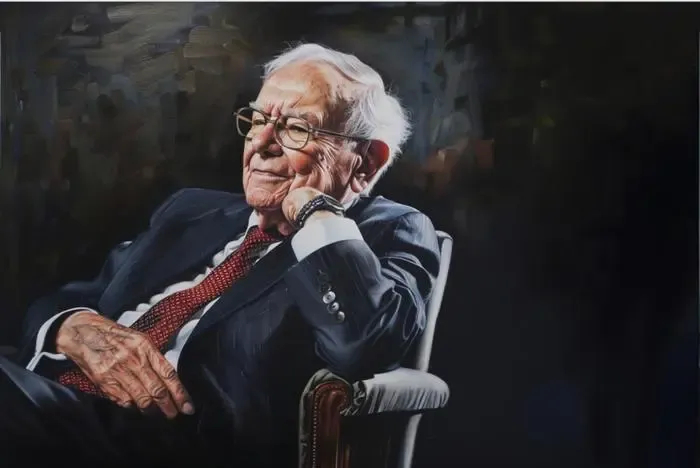
Donation Plan: Leaving Only 0.5% of His Wealth to His Children
"Death is inevitable, and it brings an unpredictability that can be both cruel and harsh. Sometimes, it visits infants; other times, it waits a century. Looking back, I've been incredibly fortunate, but the cost is that my children are not far behind. They are 71, 69, and 66 years old," wrote Buffett in the opening of his letter to Berkshire Hathaway shareholders.
Buffett elaborated on his philosophy of wealth inheritance, stating that extremely wealthy parents should leave their children enough to do anything, but not so much that they do nothing. Berkshire Hathaway shares make up 99.5% of his wealth, and this will be donated to four family foundations. As a result, the total inheritance his three children will receive will amount to only 0.5% of his fortune.
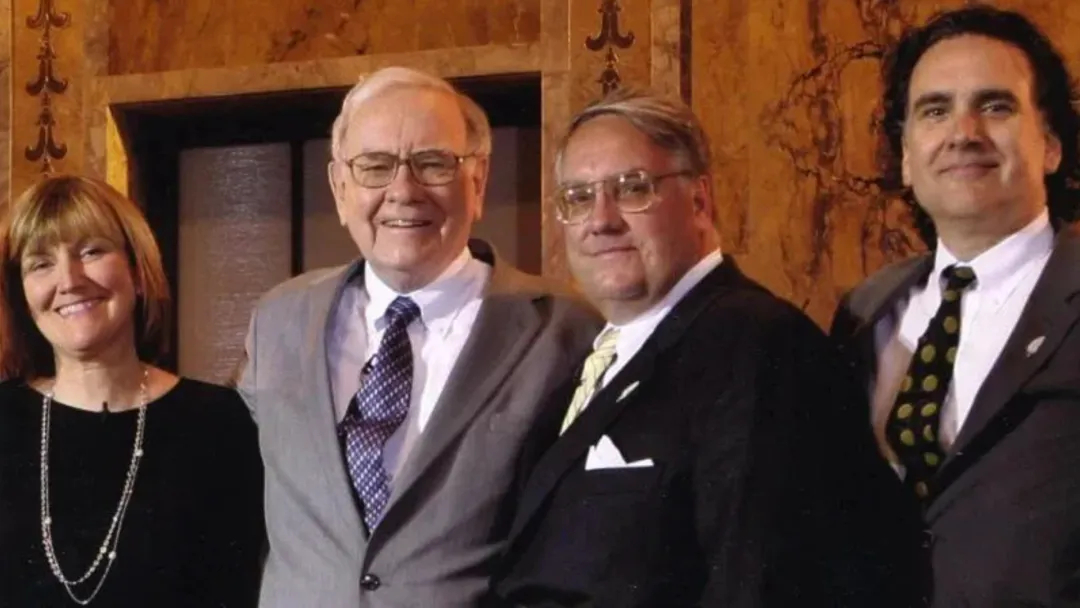
He stated, "Since the family charity funds will outlast my children's lifetimes, they have already secretly designated three younger successors. However, I want to make it clear that after my passing, Susie, Howard, and Peter (Buffett's three children) will become the heads of the family foundations until they make other arrangements." He further added that he could not make arrangements for his grandchildren and future descendants. "I trust my children completely, but who can guarantee that future generations will share the values and character required for philanthropy in the future? Rather than make arrangements now, I trust three rational minds to make the right decisions when the time comes."
Regarding managing such a large philanthropic fund, Buffett set a basic rule: any changes to the funds must be signed off by all three children. This ensures that no one can selfishly appropriate the assets, as the other two would inevitably object.
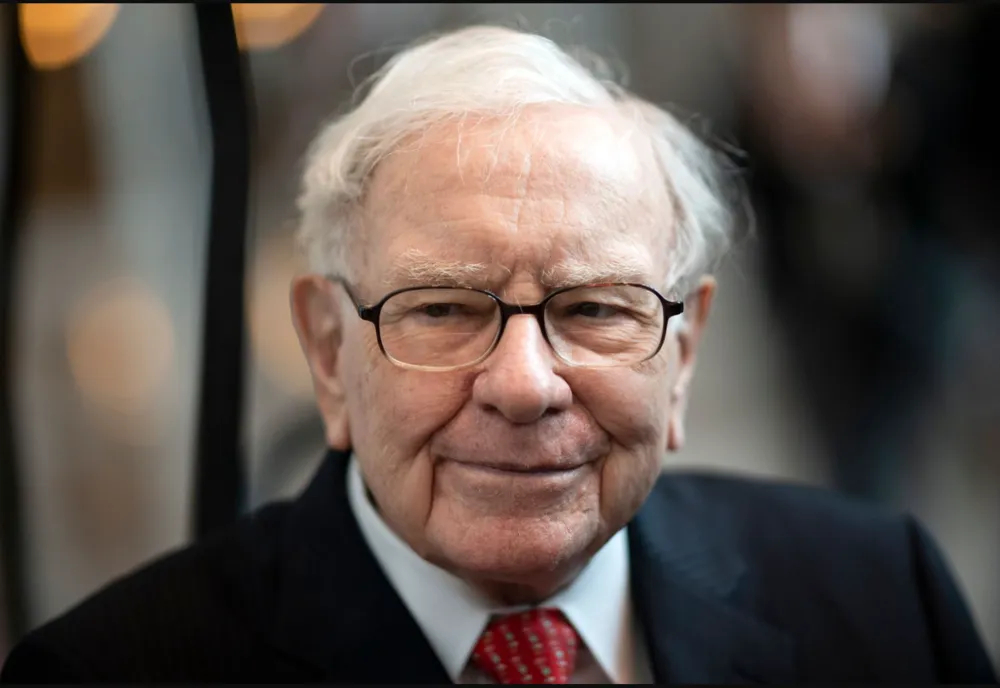
Buffett emphasized that he had no intention of creating a family-run business empire. His sole wish is for his descendants to use the immense wealth he accumulated over his life for charitable purposes. "No one can betray the noble charitable motives that Charlie (the late partner Charlie Munger) and I have built."
Who Are the World's Most Generous Philanthropists?
The concept of the entrepreneur has existed for over a century, and with it, so has the figure of the philanthropist. The stories of the world's top philanthropists reflect the evolution of modern charity. Andrew Carnegie, often referred to as the "father of modern philanthropy," sold Carnegie Steel in 1900 for $3.3 billion and subsequently established the "Carnegie Corporation" to promote science, literature, and the arts. He founded Carnegie University in Pittsburgh and the Carnegie Foundation to support education and international peace. His most notable legacy includes establishing over 2,500 libraries and funding Carnegie University and Carnegie Hall.
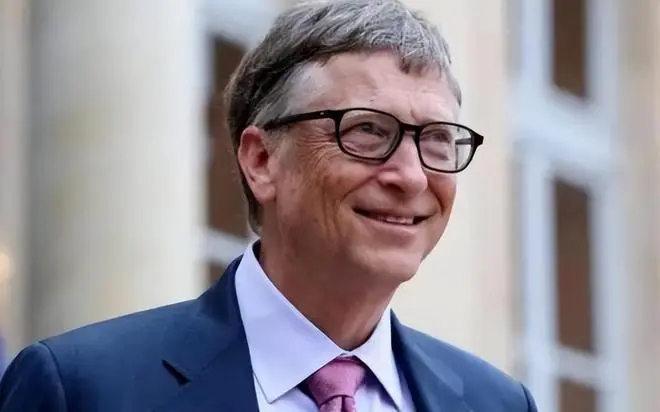
John D. Rockefeller, the oil magnate, was also among the earliest philanthropists. After retiring, he dedicated himself to charity, focusing on education and healthcare. In 1913, he established the Rockefeller Foundation. By the time of his death in 1937, Rockefeller had donated $3.5 billion (equivalent to $63 billion adjusted for inflation). Since its inception, the Rockefeller Foundation has given out over $140 billion in present value. It also helped establish Peking Union Medical College in China in 1921.
While European and American philanthropists dominated charitable giving in the 20th century, it is surprising that Jamsetji Tata, founder of India's Tata Group, tops the list of global philanthropic donations, with a staggering contribution of 670 billion RMB.
In 1892, Jamsetji Tata established the JN Tata Trust to fund Indian youth to study in the UK, marking the beginning of the Tata Trusts. He established two principles for his family: entrepreneurs must be loyal to the country, and they must be faithful to employees and shareholders. For the nation, he founded several universities and scholarships to cultivate talent. For the family, he laid the groundwork for building a world-class steel plant that would rival the British steel industry in Birmingham. The Tata family continues to follow the motto "What is good for the people is good for the business" and donates their wealth to the Tata Trusts, which supports charitable activities in India.
Bill and Melinda Gates are significant figures in the realm of modern philanthropy. In 2000, they founded the Bill & Melinda Gates Foundation in Seattle, which has become the world's largest private charitable organization. With 1,500 employees, the foundation operates in four key areas: global health, global development, global growth programs, and global policy and advocacy. The foundation donates approximately $3.25 billion annually. In China, it actively participates in public welfare initiatives like poverty alleviation and health improvement. Since its inception, the Gates Foundation has donated a total of $77.6 billion, roughly equivalent to 543.2 billion RMB.
China's "Billionaire Philanthropists"
According to the 2024 Hurun Report—China High Net-Worth Individuals Brand Preferences Report, entrepreneurs (36.4%) are the most proud of their identity, followed by philanthropists (26.9%). The most favoured charitable approach among high-net-worth individuals is donations to philanthropic organizations, followed by donations via Internet platforms and charitable trusts.
In the 2024 Hurun Charity List, the top philanthropist this year is Yu Renrong, the founder of Weier Shares, making him the first AI-related entrepreneur to top the list. Weier Shares focuses on chips for smartphones and automotive electronics. Yu, with a net worth of 42.5 billion RMB, is ranked among the top 100 on the Hurun Rich List. He plans to invest 30 billion RMB in his hometown of Ningbo to build a new research-oriented polytechnic university, Dongfang Polytechnic University, aimed at nurturing practical talents.
Over the past year, Yu donated 5.3 billion RMB and made three donations of 50 million shares of Weier Shares to the Dongfang Polytechnic University Education Foundation. In total, the donations were worth 53 billion RMB based on the market value at the time of transfer.
Many entrepreneurs believe the best way to give back to society is by investing in education, and it's common for them to donate to their alma mater. Lei Jun, ranked second in charitable contributions this year, donated 1.3 billion RMB to his alma mater, Wuhan University. His donation, sourced from cash he obtained from early investments and dividends, focuses on supporting foundational research in the sciences, technological innovation in computing, and student development.
Historically, Chinese entrepreneurs have been more inclined to use donations to address people's basic needs. In recent years, charitable giving by entrepreneurs has expanded to new forms, such as donating shares. In 2009, Cao Dewang pioneered the "first donation of A-shares," where entrepreneurs began choosing equity donations for charitable causes.
Success in philanthropy often involves not just monetary contributions but also deep collaboration with government agencies. For instance, Tencent's Charity Foundation, with its "Internet + Charity" concept, links its "99 Charity Festival" with the government's "9.5 Chinese Charity Day."
Conclusion
From early wealth creators like Carnegie and Rockefeller to today's Gates and Buffett, we see how wealth is being redistributed. A company's economic power is far greater than that of an individual, allowing for solutions to large-scale social issues, such as poverty and environmental protection. Individuals, on the other hand, are most commonly involved in charitable efforts related to education and healthcare.
For entrepreneurs, philanthropy is undoubtedly an essential and beneficial path to wealth inheritance. Balancing the perpetuation of family wealth while successfully running family charitable initiatives remains a critical challenge.
-

Hurun Future Unicorns – Global Cheetahs Index 2024
2024-12-18
-
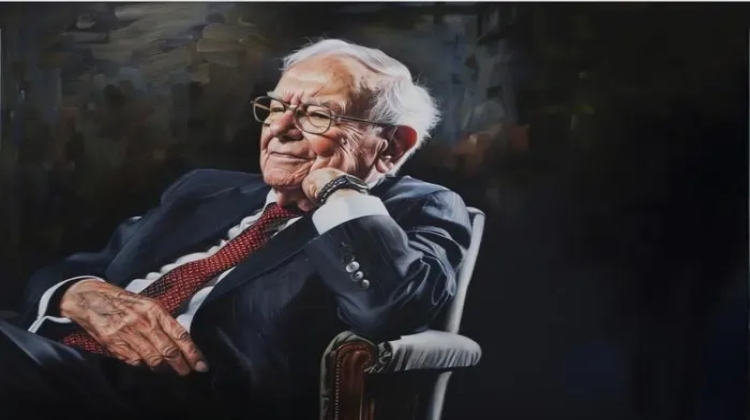
Warren Buffett Unveils His Estate Plan
2024-12-13
-

Guangzhou's WeRide Breaks Through as a Super Unicorn with NASDAQ IPO!
2024-12-12
-

The Storm of Ultra-Low Prices Sweeps Black Friday
2024-12-10
-

Hurun China Healthcare Pioneering Young Startups and Entrepreneurs 2024
2024-12-05



